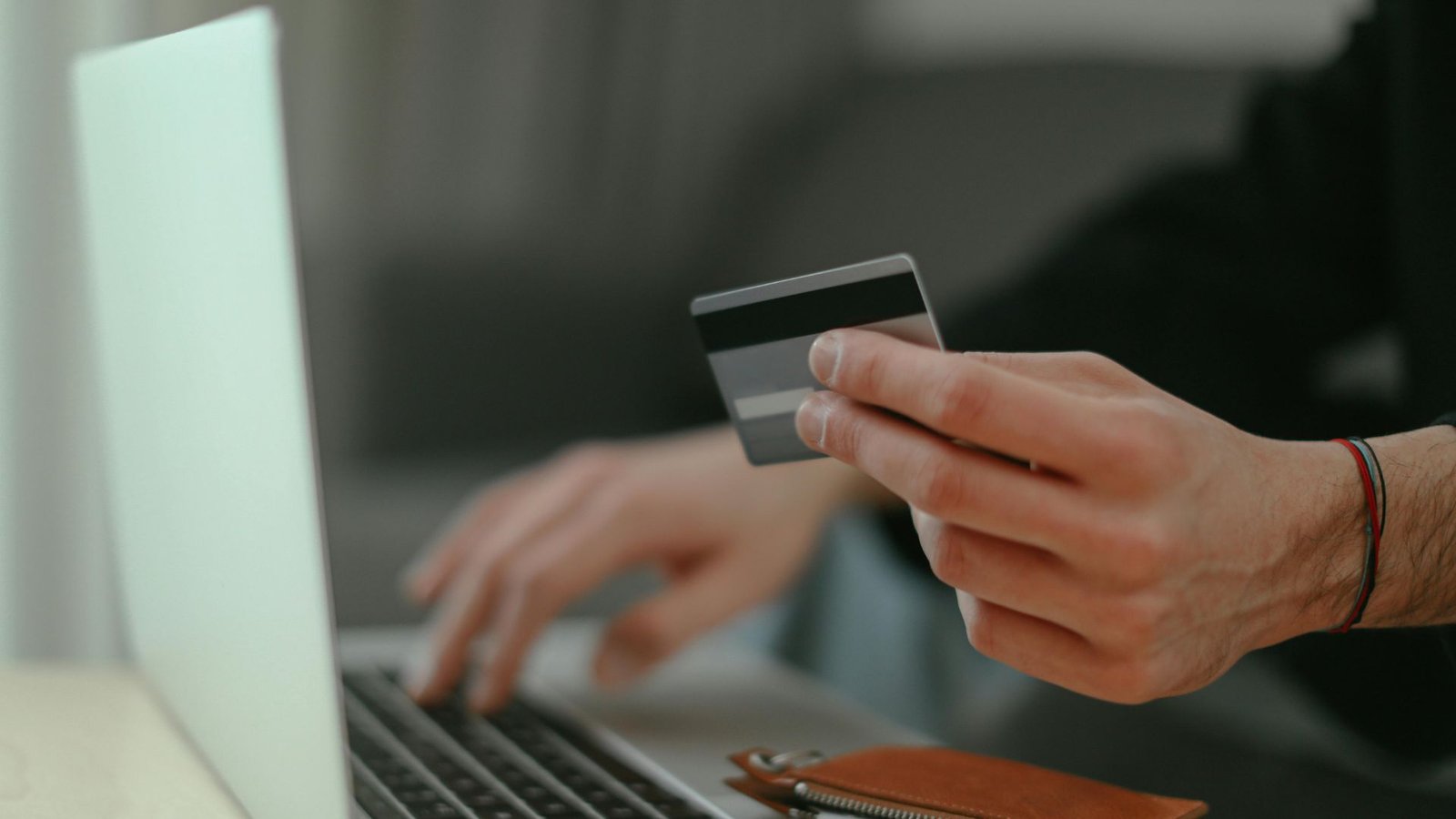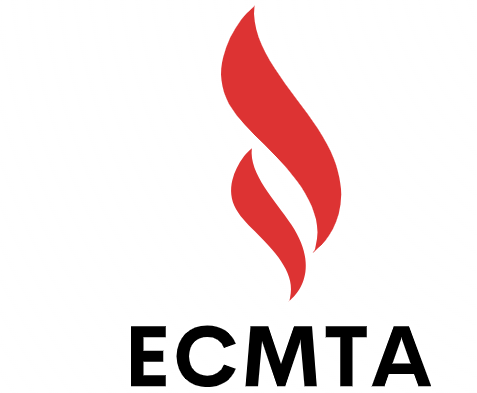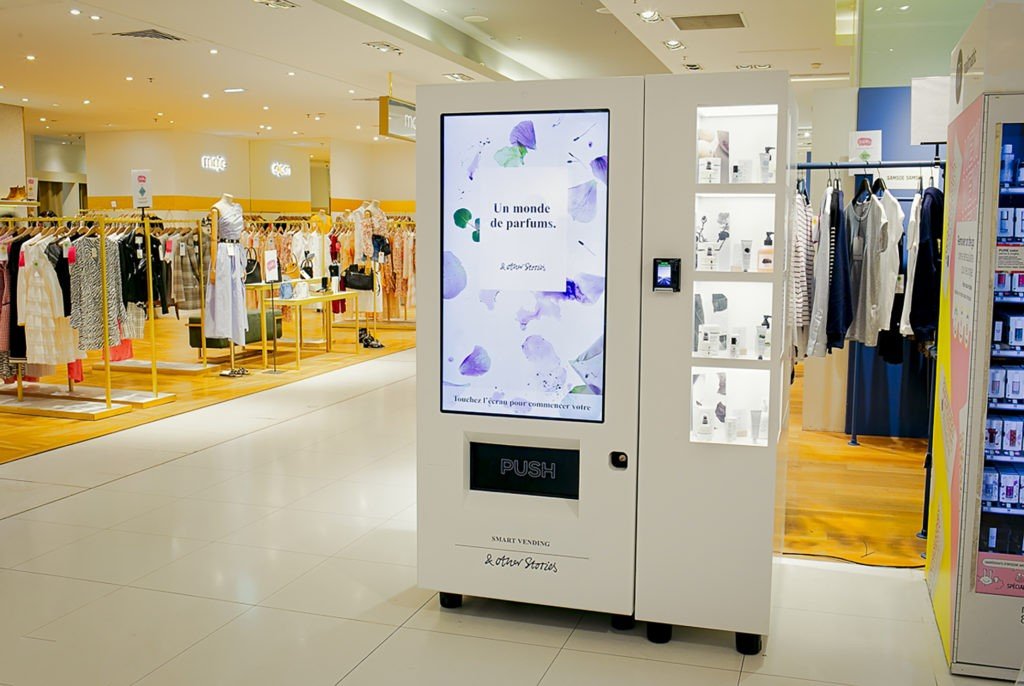When shopping online, consumers are often faced with the challenge of determining whether a website or retailer can be trusted. Without the ability to physically touch products or interact face-to-face with store staff, online shoppers must rely on other signals to feel confident in their purchase decisions. This is where trust signals come in.
For eCommerce merchants, trust signals are critical elements that help build credibility, reduce perceived risks, and ultimately increase sales and customer loyalty. Whether you’re a new online store or an established brand, implementing trust signals effectively can be the difference between a successful sale and a lost customer.
In this article, we’ll explore why trust signals are important, the most effective types, and how they can help you build a trustworthy and successful eCommerce business.

What Are Trust Signals?
Trust signals are visual cues or indicators on your website that help reassure visitors that they can trust your online store with their personal information, payment details, and purchases. These signals convey that your business is legitimate, secure, and reputable, providing confidence to shoppers in what can sometimes feel like a risky online environment.
Common examples of trust signals include:
- Secure payment icons (e.g., Visa, Mastercard, PayPal)
- SSL certificates (for secure browsing)
- Customer reviews and ratings
- Money-back guarantees
- Contact information (e.g., phone number, live chat, address)
- Trust badges or seals (e.g., Norton Secured, McAfee, BBB Accredited)
- Social media proof (e.g., Instagram mentions, Facebook followers)
Why Trust Signals Matter for Online Retailers
Trust is the foundation of every successful eCommerce transaction. Consumers are more likely to purchase from an online retailer they trust, and they’re more likely to return if they feel secure during the transaction. Here are some key reasons why trust signals are so important for online retailers:
1. Reduces Purchase Anxiety
Online shopping can feel impersonal and risky for many consumers, especially when they are unfamiliar with the brand. The absence of physical interaction—like touching a product or speaking to a store associate—often leads to doubts and concerns about product quality, delivery reliability, and the safety of personal data.
Trust signals help alleviate these concerns by providing visual cues that tell customers they are dealing with a professional and secure business. For example, displaying SSL certificates or secure payment icons assures customers that their personal and financial information will be handled safely. Similarly, showcasing money-back guarantees or return policies can reassure customers that they won’t be stuck with a product that doesn’t meet their expectations.
Why it matters:
Shoppers who feel secure are more likely to go through with their purchase, leading to higher conversion rates and lower cart abandonment.
2. Builds Credibility and Reputation
Credibility is vital for any business, especially online where competition is fierce, and consumers have no way to physically evaluate your products or services before purchase. Trust signals act as external validation of your business’s legitimacy, making it easier for new visitors to feel confident in buying from you.
For example, displaying affiliations with well-known security companies like Norton or McAfee, or certifications from trusted organizations like the Better Business Bureau (BBB), provides instant credibility. Similarly, customer reviews and testimonials can demonstrate that others have had positive experiences with your store, which can build your reputation further.
Why it matters:
When customers see trust signals, they perceive your business as more reliable and professional, which increases the likelihood of repeat sales and long-term loyalty.
3. Increases Conversion Rates
One of the biggest challenges for eCommerce businesses is turning visitors into paying customers. Conversion rate optimization (CRO) is the process of increasing the percentage of website visitors who complete a desired action, such as making a purchase or signing up for an email list.
Trust signals are a proven way to increase conversions. Research has shown that including trust signals such as security badges, customer reviews, or even showcasing return policies can significantly boost consumer confidence and nudge them toward completing a purchase.
For instance, a 2018 study by Baymard Institute found that 18% of customers abandon their cart because they don’t trust the website with their payment information. By prominently displaying security icons like SSL certificates and trusted payment methods, you can reduce this hesitation and push shoppers closer to checkout.
Why it matters:
The more confident your customers feel in your store’s security and credibility, the more likely they are to make a purchase, thereby improving your conversion rates.
Conclusion
Trust signals are vital for the success of any eCommerce business. They help to build confidence, reduce uncertainty, and encourage customers to make a purchase. In an online retail environment where buyers can’t physically touch or examine products, trust signals serve as digital proof that your store is secure, reliable, and customer-friendly.




